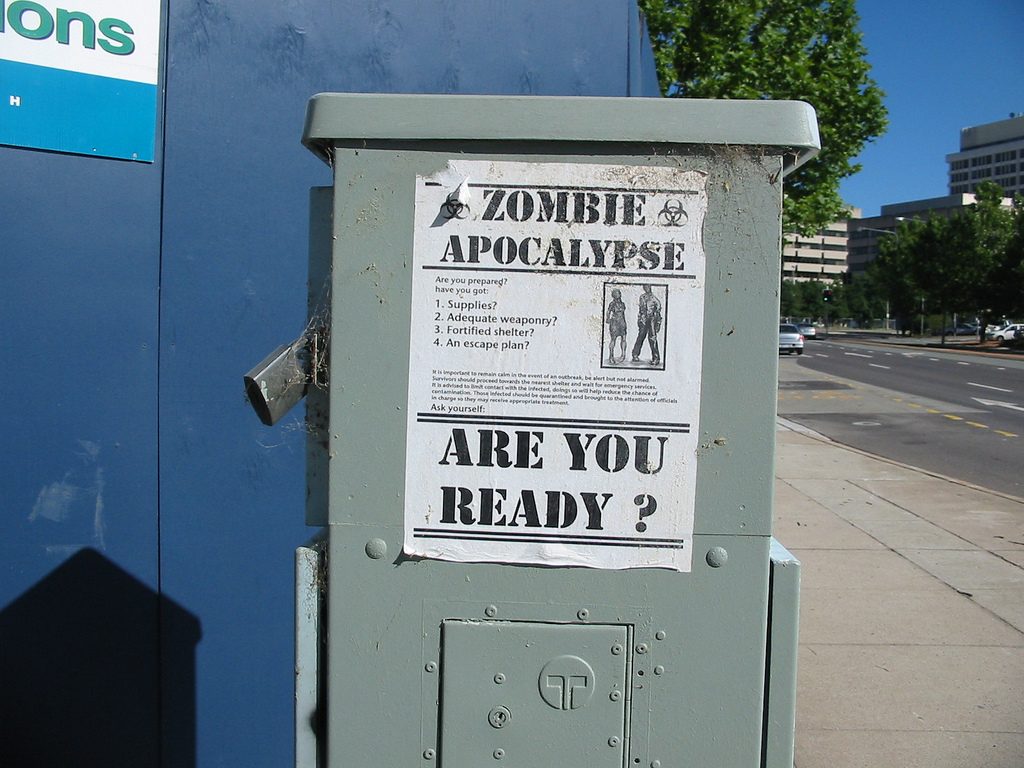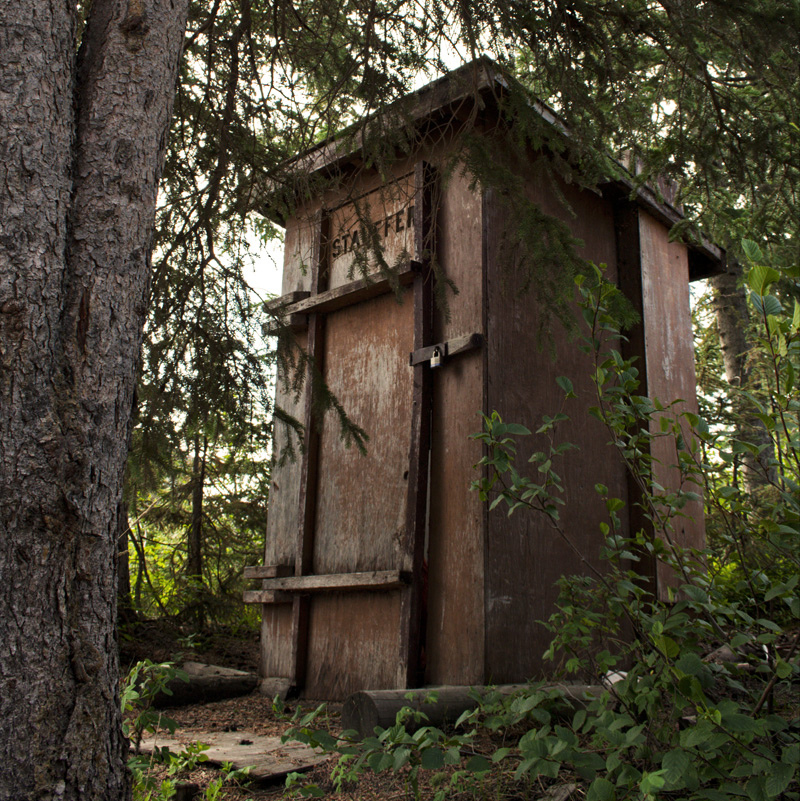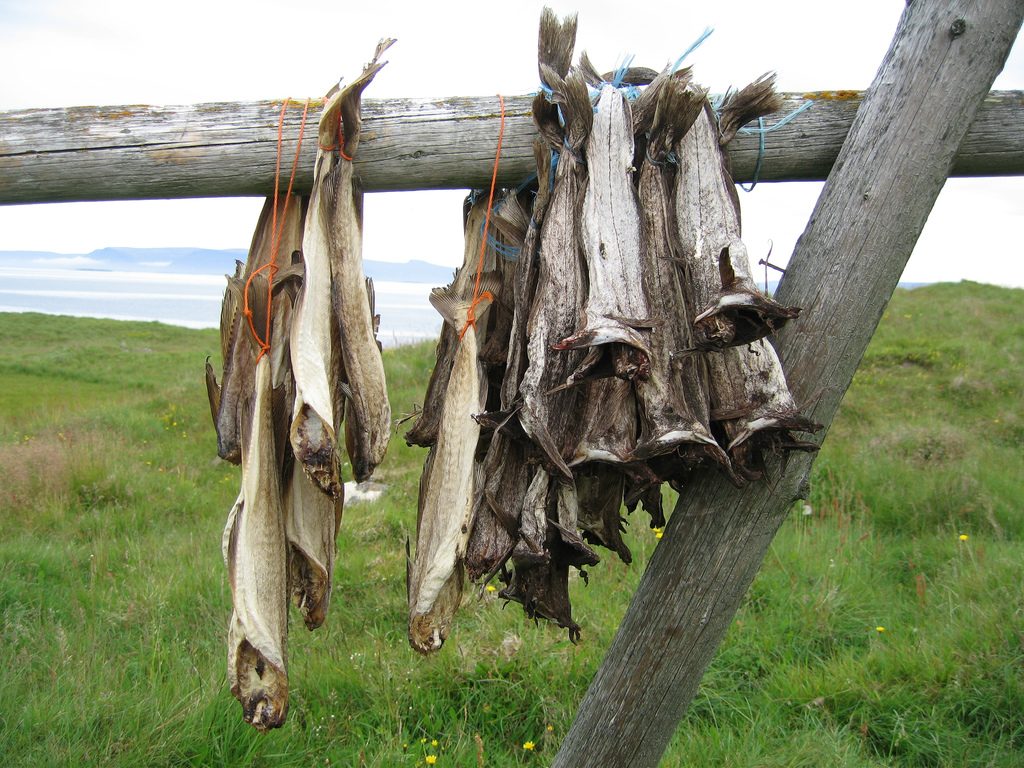When the dead wash buses. Posted by hulda on Jan 21, 2015 in Icelandic grammar
The funniest traps that the declensions of Icelandic create are the words with different meanings that have a few identical forms. You’ll no doubt see this when you use the BÍN because often when you look up a word you’ll get a long list of different options that all apply, only they rarely mean the same. It’s then that figuring out which one’s the right one become crucial.
It’s not always so easy for Icelanders either, especially when it comes to article titles. Let’s look at a few amusing ones that were meant to mean one thing but actually ended up sounding like something else.
Réttindalaus maður lærbraut konu. (= A man without a driver’s licence broke a woman’s leg.)
(Licence-less man breaks the thigh of a woman)
Réttindalaus typically hints that someone is lacking a driver’s licence, ökuskirteini. However, it can also mean mannréttindi, human rights, therefore the meaning of the sentence can easily turn into “a man with no rights broke a woman’s leg”.
Bændur leita að kindum á fjórhjólum (= Farmers use four-wheelers to look for sheep.)
(Farmers look for sheep on four-wheelers)
Sounds good and logical, but with the sentence structure here it’s too easy to make “kindur á fjórhjólum” a thing on its own, therefore you suddenly have farmers looking for sheep on four-wheelers – in both meanings of the sentence (I love it when one of these can actually be translated exactly to English by the way!).
Salerni umhverfisdeildar milli tanna bæjarfulltrúa. ( = The toilet of the office of the environment criticized by town council.)
(Toilet of the office of the environment between teeth town council)
The toilet of the office on the environment apparently got in between the teeth of the town council. Possibly literally.
Leoncie reið blaðamönnum Víkurfrétta. (= Leoncie mad at the reporters of Víkurfréttir.)
(Leoncie angry the reporters of Víkurfrétt)
Reið/ur means angry, but another declension form is in the verb ríða which means “to ride”. That alone would be funny enough but sadly that particular verb also has a third meaning in spoken language: to have sex. As for Leoncie… she’s an artist, known for her campy style and recently – sadly – also for her very offensive views on LGBT people.
Vilja vana kynferðisbrotarmenn.
(Wanting to castrate sex offenders)
Oh dear, this one. Vana is a verb and means to castrate, but vanur is an adjective and means experienced. Coupled with the verb vilja (= to want) the sentence can easily become “experienced sex offenders wanted”.
Selur í göngugötunni. (= Selling on the pedestrian walkway.)
(Sells on pedestrian walkway)
…or if the selur is a noun and not a verb there’s actually a seal on the pedestrian walkway. 😀
Skreið til Nígeríu.
(Dry fish to Nigeria)
Skreið is dry fish, as long as we’re talking about the noun. However, if we’re talking about the verb skríða (= to crawl) we’re suddenly looking at a piece of news where someone crawled to Nigeria.
Látnir þvo strætó á nóttunni. (= The buses are being washed during the nights.)
(To let wash buses at nights)
The word látnir is a form of the verb láta, to let; someone has the buses washed. The danger is that if the word is an adjective instead of a verb it becomes látinn, a dead person. Therefore the undead arise to, er, help clean the public transport? But that’s not the worst that could happen with the pesky undead, because –
Fjórir látnir lausir að lokinni krufningu.
(Four let loose at the end autopsy)
I’m almost sure the original writer meant “four are let go after the autopsy” but let’s not make that 100% certain. It could after all mean “four dead loose after the autopsy” and since we already know that the Icelandic undead are seriously bad news it might be good to pay attention to your surroundings…!

Build vocabulary, practice pronunciation, and more with Transparent Language Online. Available anytime, anywhere, on any device.
About the Author: hulda
Hi, I'm Hulda, originally Finnish but now living in the suburbs of Reykjavík. I'm here to help you in any way I can if you're considering learning Icelandic. Nice to meet you!






